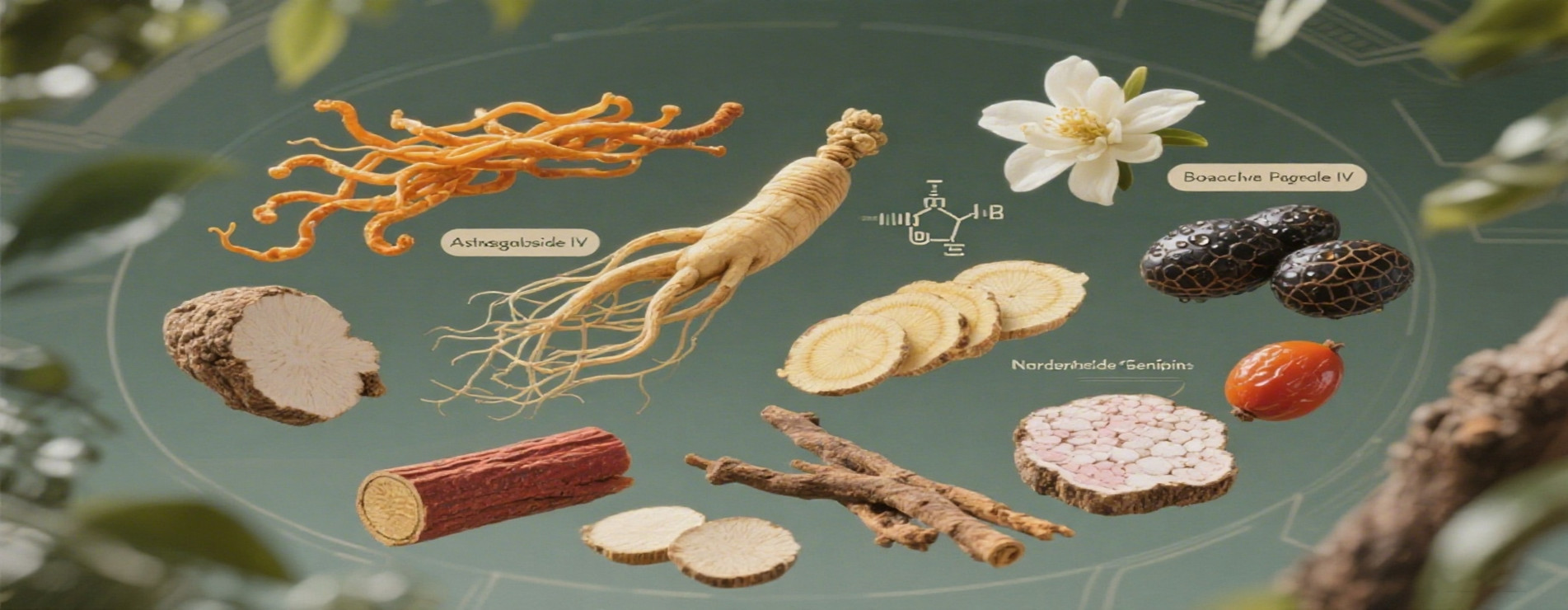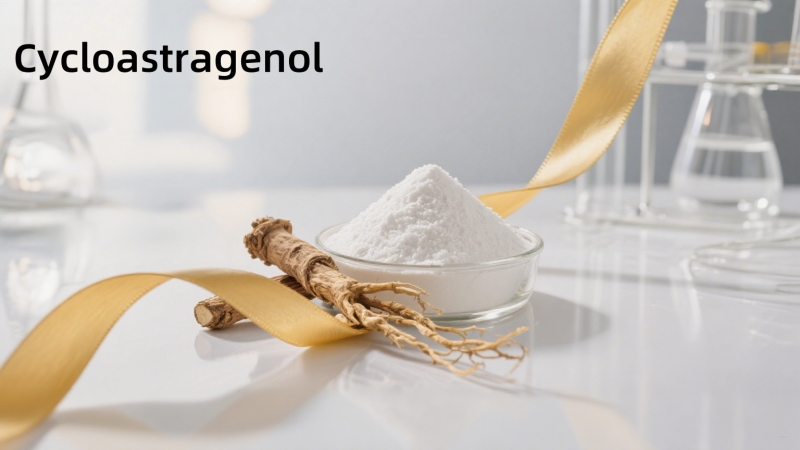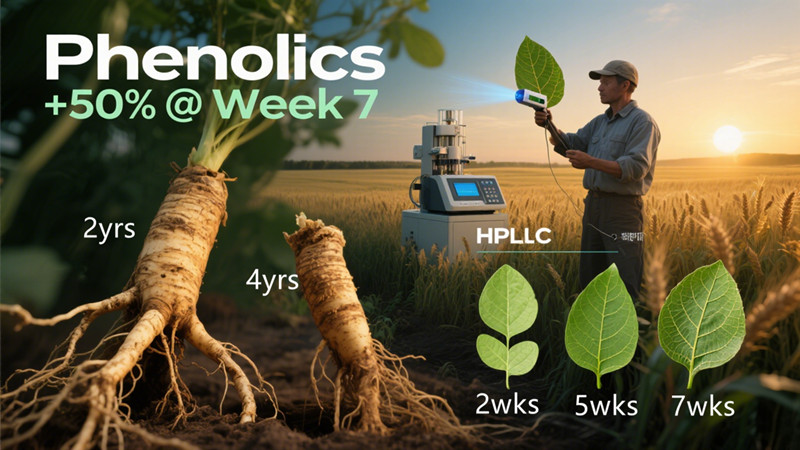Astragalus Extract – Cycloastragenol: A Valuable Ingredient for Health Food Formulations
Aug 13, 2025
IntroductionAstragalus membranaceus, a traditional medicinal plant widely used in Asia, has attracted increasing global attention for its unique bioactive compounds. Among them, Cycloastragenol is a naturally occurring triterpenoid saponin found in Astragalus roots. With its distinctive molecular structure and high purity availability, Cycloastragenol is gaining recognition in the health food and dietary supplement industry as a premium botanical ingredient.
What is Cycloastragenol?Cycloastragenol is a small-molecule compound belonging to the astragaloside family. It is derived through a careful extraction and purification process from Astragalus root, ensuring stability and bioavailability suitable for nutraceutical applications. Unlike crude extracts, purified Cycloastragenol provides consistent quality for use in high-value formulations.
Applications in Health Foods and Dietary SupplementsCycloastragenol’s popularity in the health food sector is driven by its compatibility with various product formats, including:
Capsules & Tablets – Ideal for single-ingredient supplements or complex herbal formulas targeting general wellness.
Functional Beverages – Can be blended into herbal teas, ready-to-drink tonics, and health beverages with minimal impact on taste.
Powdered Formulations – Suitable for instant drink powders or nutritional blends, enabling easy daily intake.
Combination Formulas – Often paired with other adaptogens, antioxidants, or plant extracts to create synergistic health-support products.
Why Manufacturers Choose Cycloastragenol
Natural Origin – Plant-based ingredient derived from Astragalus membranaceus.
High Purity & Consistency – Available in standardized purity levels for reliable formulation.
Versatile Use – Compatible with multiple dosage forms and manufacturing processes.
Market Appeal – Meets growing consumer demand for premium herbal ingredients in functional foods and supplements.
Quality & Supply from At Nanjing Spring & Autumn Biological As a professional manufacturer of botanical extracts, Nanjing Spring & Autumn Biological Engineering Co., Ltd. offers high-quality Cycloastragenol with strict control over raw material sourcing, production, and testing. Our products are designed to support the needs of health food brands, supplement manufacturers, and global ingredient distributors.
ConclusionWith its natural origin, purity, and flexibility in application, Cycloastragenol is a standout ingredient for next-generation health food formulations. Partnering with an experienced supplier ensures the quality and reliability essential for success in today’s competitive nutraceutical market.
Read More


